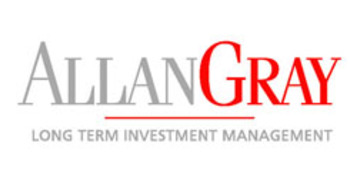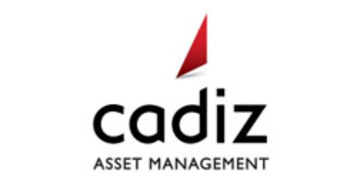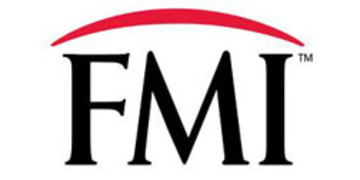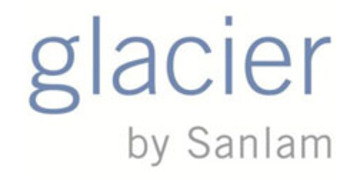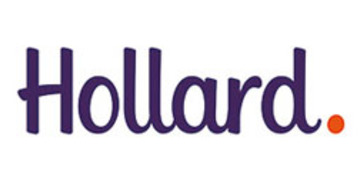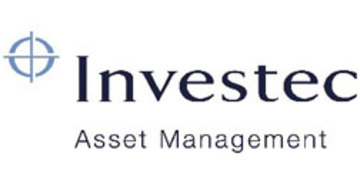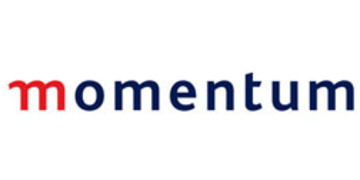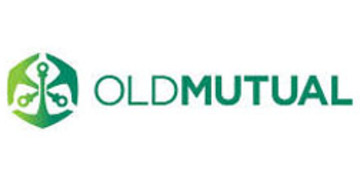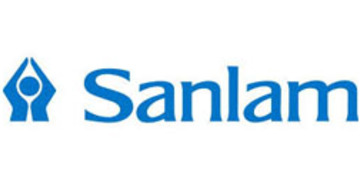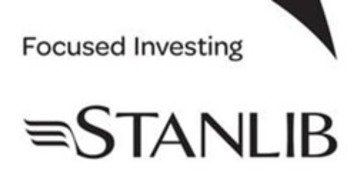Business Solutions
Employee & Group Benefits
Preferred Compensation & Staff Retention
It is usually in a company’s best interest to keep the best of the crew on board, but it’s not easy in the face of competitors who offer better remuneration packages. Employees are no longer content to work for one firm for the rest of their lives without sufficient compensation, but the loss of staff members with special skills or knowledge can impact the financial health of a business.
While salary increases may provide one solution but the PREFERRED COMPENSATION PLAN provides an alternative, win-win benefit to both employer and selected employees.
Benefits to employer
- A cost-effective way to retain selected staff.
- Contributions (paid in the form of a salary increase) are tax-deductible
- Control is retained due to a security cession of the contract.
- A flexible negotiation tool.
- The company remains the owner for the specified term and should the employee leave before the time, the company will receive the proceeds.
Benefits to employee
- A market-related investment plan
- Regular after-taxed bonuses after the first five years.
- Optional performance guarantees.
- Contributions are flexible and a form of contractual savings.
- Does not affect any conventional benefits the employee may already be receiving.
Pension Funds / Provident Funds
Inflation erodes large portions of even the most comfortable retirement plan. And because people live a lot longer these days, retirement money has to be spread over a longer period.
As a business owner, it is your responsibility to help your employees select a suitable retirement option. AMBITON can help. We will assist in your selection of the most suitable retirement plan for your company and, as required by law, we will help you communicate the plan clearly to your employees. The nuts and bolts need to be laid out:
- how the fund operates
- how they are likely to benefit from it eventually,
- whether the benefits that accrue to them will be enough to maintain a reasonable standard of living
- whether their medical expenses will be covered once they retire, and
- what they should do if they decide to change jobs.
What is the difference between a provident fund and a pension fund?
They are both funds so, in both, the benefits at retirement are dependent upon investment performance. The key differences lie in the way fund contributions are treated for income tax purposes and in the way the benefits are paid out.
Contributions to provident funds made by employers are tax deductible while contributions by members are not. To counter this, in many cases members do not contribute but let their employers make a bigger contribution.
Members' contributions to pension funds are tax deductible up to certain limits, as are those by employers.
The other difference: the way the funds' benefits are paid out. A provident fund's benefit is fully available in cash at retirement. By contrast, a pension fund is restricted to providing a maximum of one third in cash. A monthly pension has to be bought with the remaining two-thirds.
If you so wish, and if the fund rules allow it, you may buy a pension with the proceeds of a provident fund - and here you are not limited to taking only one-third in cash.
The tax on lump sums is the same using the normal retirement tax formula. Remember that as things stand, any money used to buy a pension will not be taxed as a lump sum but the pension itself will be taxed as income.
In some ways a provident fund provides greater flexibility than a pension fund, mostly because of the freedom to choose the proportions of cash and pension at retirement.
Group Life Assurance
Group life assurance provides for the payment of a lump sum benefit on the death of an employee.
The benefit is usually a multiple of the member’s annual salary (standard maximum multiple of 10 times) OR a specified, predetermined benefit amount. Estimated tax replacement cover can also be provided for, which will provide a net payment (after tax deductions).
Defined Contribution Funds
With this retirement plan, the company sets aside a certain amount each year for the benefit of the employee. These funds are known as "money purchase" or "fixed contribution" funds.
The rules of the fund specify the contributions to be paid by the employer and member but do not guarantee the retirement benefit. There are restrictions as to when and how you can withdraw these funds without penalties. And there is also no way of knowing how much the plan will ultimately give the employee upon retiring. The amount contributed is fixed, but the benefit is not.
The benefits are dependent on the following factors:
- The value of contributions paid by the employer and the member
- The performance of the underlying investments in the fund
- Administration costs
- Allocation of withdrawal credits when other members leave
- Prevailing annuity rates at the time the pension is taken
Advantages
- You could have the advantage of a higher pension at retirement as a result of better investment performance
- If you change employment you will be entitled to take the full benefit
- Wider choice of investments
Disadvantages
- The member takes the full investment risk
- There are no guarantees that your pension will keep up with inflation
- Members have no idea what their ultimate pension will be.
Defined Benefits Scheme
This is an employer-sponsored retirement plan where employee benefits are based on a formula using factors such as salary history and duration of employment. Investment risk and portfolio management are entirely under the control of the company. There are also restrictions on when and how you can withdraw these funds without penalties.
Advantages
- Member knows exactly what pension he will receive
- You do not take the investment risks
Disadvantages
- There are no guarantees that your pension will keep up with inflation as increases are at the discretion of the trustees and dependant on the investment returns within the fund
- The trustees can retain part of the investment return to build up a surplus in the fund - but this would not affect the benefit at retirement
- Final salary is extremely important and can have a major impact on the total benefit
- Employer has an open-ended liability with regards to his contributions
With so many options available, it is best to get expert guidance before sealing your financial fate. Call AMBITON for straight talking, confidential advice and assistance.
